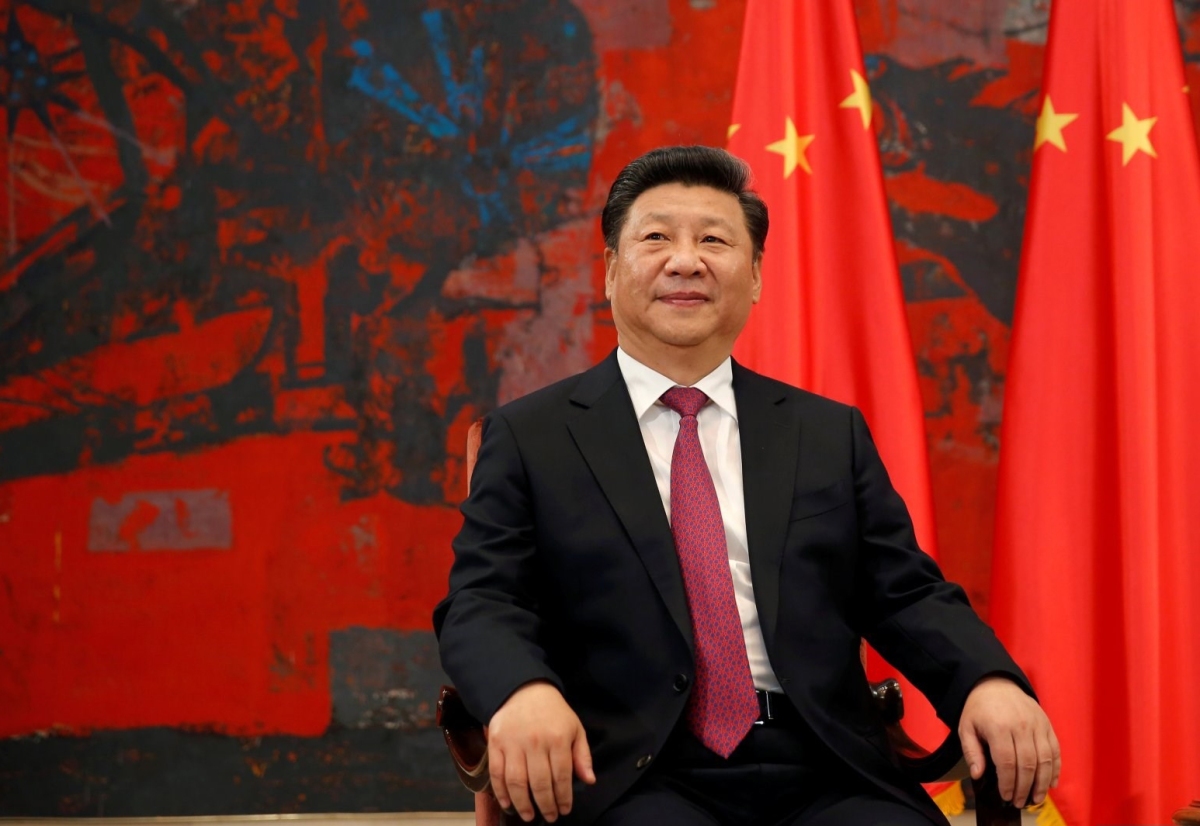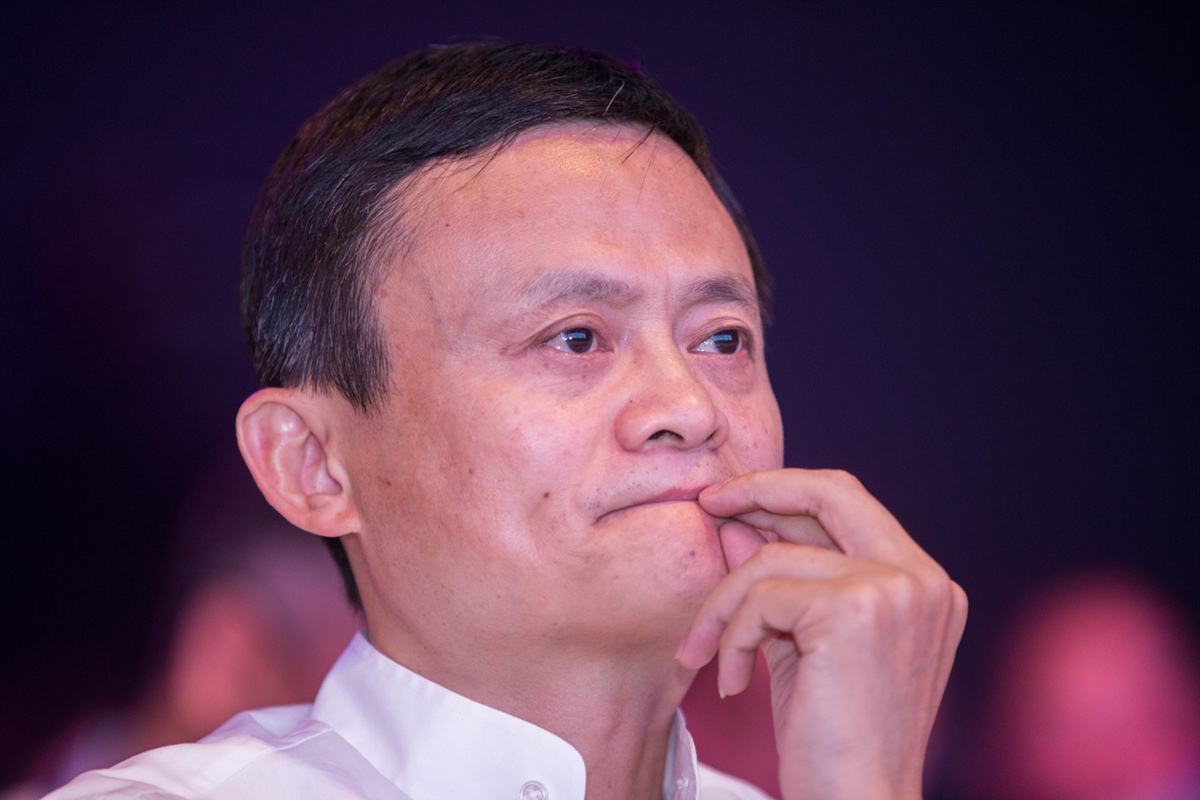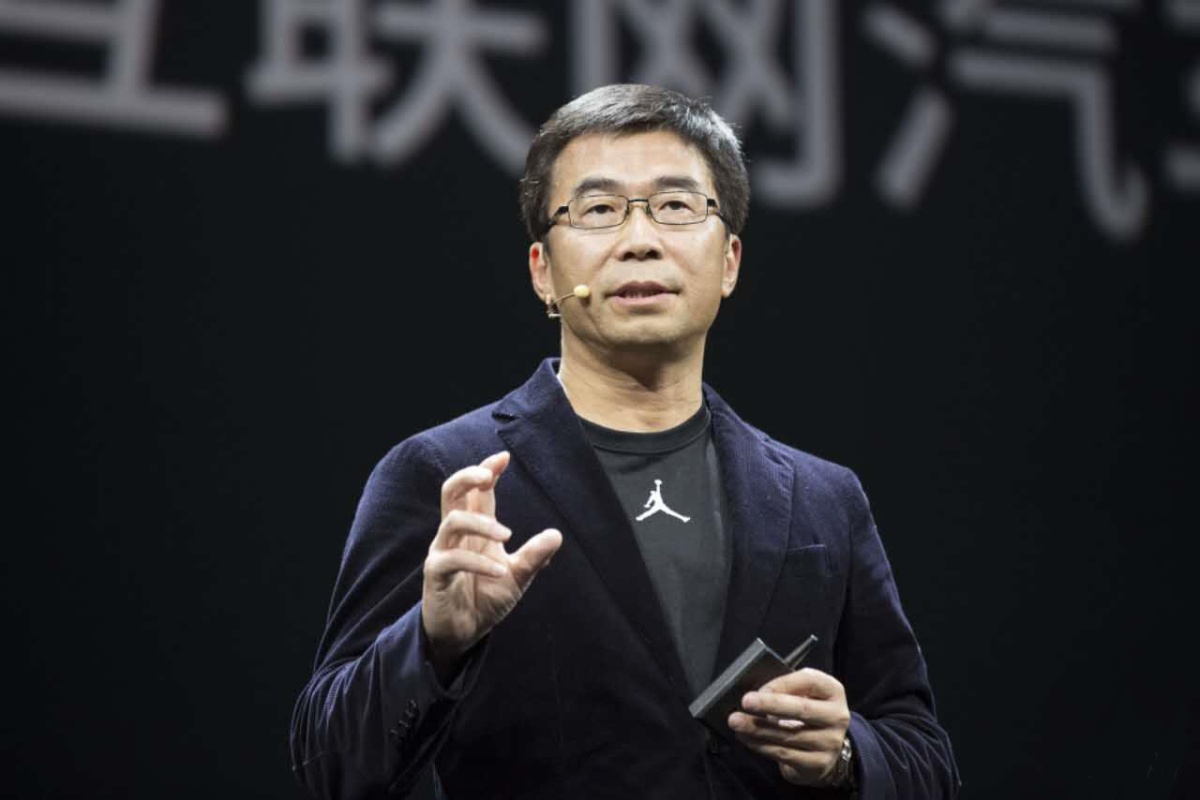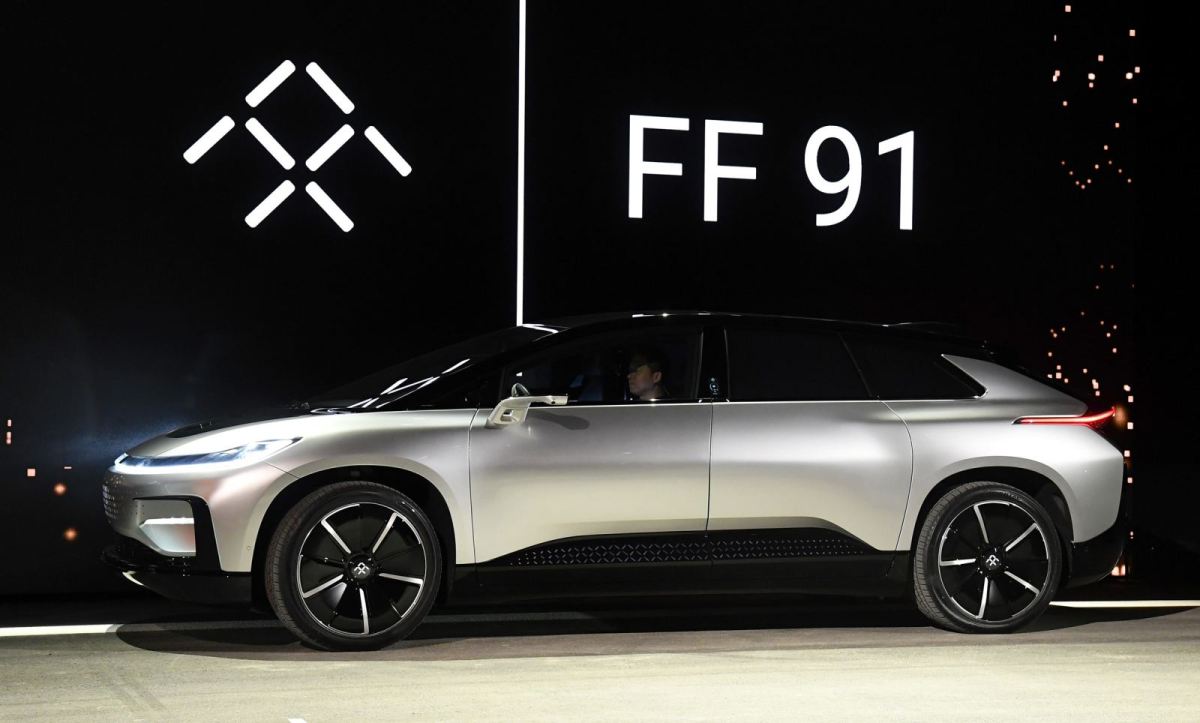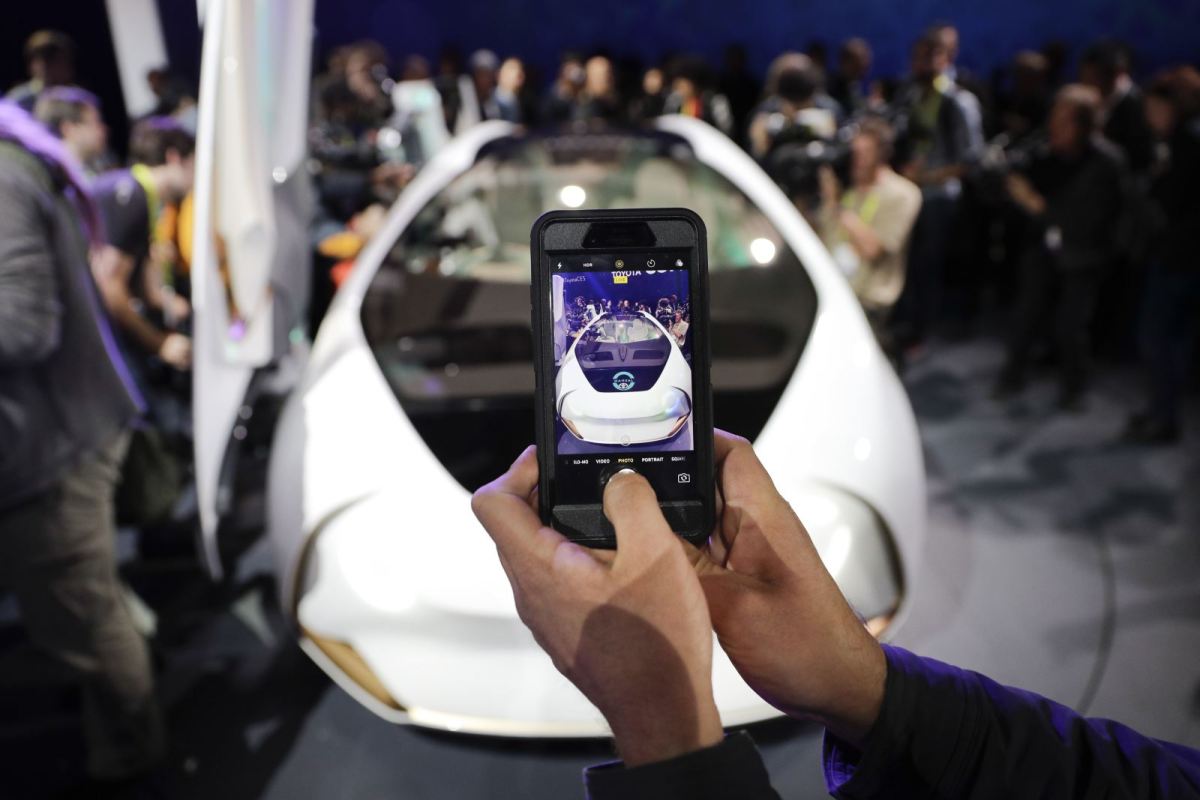
(YicaiGlobal)
Jan. 5 — The Consumer Electronics Show 2017, the largest annual
technology expo, kicked off in Las Vegas, Nevada this evening, with its
largest ever number of visitors and exhibitors. Of the 4,000 exhibitors
unveiling cutting-edge technologies, a record 1,300 exhibitors are from
China.
“At the CES each year, I will get
acquainted with several talents engaged in the technological area, whose
techniques exert profound influence on people’s lives. At the CES, you
can find almost every part of the technological industry that it
represents.”said Robert Scoble, futurist, tech guru and chief economist
at CTA, which runs the CES show.
Scoble also said some incompetent
technologies could also be found among exhibitors. Thus, the challenge
now is how to distinguish between potentially popular products from sham
technologies that have multiple problems, or may not work at all.
YicaiGlobal’s
senior team for science and technology reporting picked seven key
technologies from this year’s CES, which may represent the forefront of
technological development in the next few years.

Voice control
Voice control and voice-activated digital
assistants, which will redefine traditional computer interfaces, will
be a major focus of CES this year. There are three leading players in
the artificially intelligent electronic butler sector. They are Google
Assistant, Amazon’s Alexa and Microsoft’s Cortana.
All three companies are expecting their voice-activated technologies to promote the development of third party products.
Google has decided to display its
partnership with UK insurer Aviva through an Alexa speaker, which
represents a part of its cloud intelligence. Alexa is the voice
activated service that powers Amazon’s Echo, which enables customers to
interact with devices in a more intuitive way using their voice.
It plays music and provides information,
such as news, sports scores and weather updates. Aviva is testing an
insurance jargon buster skill on Alexa, giving users instant,
voice-controlled access to a glossary of over 300 insurance terms and
their definitions.
OnVocal, a maker of upmarket headphones,
will exhibit its wireless headphone that connects to Alexa. GE Lighting
also released a circular, tubular lamp compatible with the Alexa Voice
Service. Microsoft’s Cortana can communicate with other types of
products including a toaster.
Apart from voice control, some startups
have embarked on studying gesture or motion control. French startup Bixi
will demonstrate a newly designed device which can control smart phones
and tablet PCs via hand gestures.
No other breakthrough is more significant
than Blitab, a tactile tablet device that is hailed as the iPad for the
blind. This technology, created in Austria has small, retractable,
raised plastic bubbles in lieu of a keyboard, to convey new double-line
dynamic braille.

Modular robots
Humans are still a few decades away from
the artificially intelligent cybernetic organisms of science fiction, as
seen in The Terminator, Westworld, or Real Humans. CES does however
afford the opportunity to see what companies with today’s technology
have achieved so far.
Emotech Limited, based in London, is one
of them. The company will showcase the Olly robot system. The desktop
robot can distinguish between different family members and change the
settings according to user characteristics. The project benefited from
the assistance of scholars from the University College London, the
Imperial College London and the University of Edinburgh, and received an
investment of up to USD 10 million from China. Reportedly, a series of
modular robots will also be part of the project.
There are several companies supporting
the vision of modular robots which will allow users to change the
robot’s skills and flexibility by replacing its components. LEGO’s Modi
is typical of modular robots. It allows the owner to create robots in
small blocks and each automaton different functions such as engines,
lights and infrared detectors.

Wearable health devices
Women’s physiology and the pains of
conception are a focus of this year’s wearable health technology. Ava, a
sensor-equipped wristband, alerts women when they are best suited for
conception. Trakfertility is a self-service sperm counting test that can
inform the relevant application of alternative methods of increasing
the user’s sperm count.
To protect you from drunken liaisons, Milo Sensors offers the world’s first wearable device to measure blood alcohol.
Even if some people will scoff at these
devices, analysts expect the field of health science and technology in
the next decade to generate tens of billions of USD in market size. The
goal is to create a device that resembles the ‘Tricorder’ in Star Trek,
an all-in-one device that can diagnose all diseases. There is already an
Israeli start-up company that will showcase a small device reminiscent
of the ‘Tricorder’.
The company TytoHome aims to allow family
members to record readings from the heart, lungs, abdomen and other
organs and send them to an outpatient physician. Its slogan is “no need
to register to check.”
The health tracker will undoubtedly usher
in a new turning point. Although the sales of Apple watches declined,
it does not mean that similar products’ market has reached saturation.
This Christmas, Fitbit’s application surpassed Apple’s and came out on
top, indicating that wearable health equipment is still very popular.
Wair of France takes a different and
prudent approach to wearable technology. They invented an intelligent
wearable scarf that not only filters the air but also monitors the
amount of inhaled pollution per day by connecting it to an app. This
product will be very popular if sold in China.
Wair also plan to release the world’s
first vibration-guided tight-fitting jeans, with which people can now
know which direction to go without staring at their phones. Apart from
its application in the health sector, smart wearable equipment has
always faced problems in its profit model.

From OLED to QLED TV
Thanks to Netflix’s reshaping of the
entertainment industry, television has finally allied with high
technology and has therefore won back the audience. Per UBS statistics,
subscribers to online pay TV service providers such as AT&T and
DirecTV will exceed 15 million by 2020.
Panasonic has hinted that it will show
OLED TV at CES, which can better control the contrast of the screen.
Sony will also release a similar new product. Although the cost of OLED
technology presents an insurmountable obstacle, industry insiders
believe it will eventually decline and a very important reason is the
participation of Chinese manufacturers.
At the CES, Samsung, which has been at
the forefront of OLED, will release the QLED (quantum dot) screen which
will make the TV screen brighter. This is very important because due to
the popularity of high-dynamic-range (HDR) technology, the image display
will be more vivid and detailed, especially in scenes containing bright
flashes and shadows.
The next question the industry must
answer is whether the digital TV is a replica of today’s television or a
completely new animal.

Internet of things consisting of intelligent home appliance
Along with the decrease in the costs and
power consumption in the connection between sensors and wireless data,
intelligent home appliance has enjoyed a sudden boom. For instance,
intelligent trashcan Genican can monitor what you throw away by scanning
the barcode on trash and tell you what you need to buy later.
Interestingly, sometimes technologies may
make your life easier without much effort. LG unveiled a smart a
refrigerator during the show that is equipped with temperature and
humidity sensors. If the temperature and humidity hit a certain level,
it will activate its sterilizing program to extend the shelf life of
food.
This UK-developed intelligent program,
linked to cameras is also able to track the shelf life of food stored by
the owner, notifying him or her to buy new food when necessary.
The technology could of course be used for nefarious means.
“Though intelligent home appliance is
developed upon advanced technologies, consumers still need to ensure
that the risks undertaken by them are no greater than the benefits
obtained from these appliances. Issues about security and privacy have
become a very realistic problem for consumers because to facilitate the
data connection, some companies employ no security measures. Thus,
users’ data becomes quite vulnerable,” said Rasmus Rasmusson, a Swedish
entrepreneur investing in intelligent home appliances told YicaiGlobal
.

VR and AR
HTC is rumored to release its
second-generation Vive virtual reality headset during the expo. The
headset will possibly be equipped with wireless functions. However,
others speculate the system has not been worked on for nine months and
is stuck in development hell.
Huawei is also hoping to release its
first VR device at this year’s CES. The company invited Steve LaValle,
from Oculus to its VR research and development.
Fove’s product, a crowdfunded VR headset
equipped with an eye-tracking function, enables players to shift among
controls by eye movements alone. Fove is not the only one attempting to
offer new VR interaction approaches for users.
The CES was full of products like a pedal
controller guiding the walking movements of your game characters in VR,
the T-shirt equipped with sensors to track your body movements and
various devices enabling consumers to sense virtual things.
Augmented reality, a technology that mixes up figures and real-world views or imagery is still in its infancy.
Sony and of Facebook’s Oculus also released new devices. Sony is bringing their AR Smart Eye Glass to Vegas.
Asus and other companies are to present
the depth sensor technologies of Google and Project Tango, as well as
mobile phones equipped with basic AR functions. Intel was full of buzz
about Project Alloy, a smartphone enabling users to view their hands and
other objects in a virtual reality environment.
The National Basketball Association
announced its decision of rebroadcasting games using VR. With their
involvement and the popular appeal of the game in China, more consumers
of different types of technologies and media will be attracted to VR
rather than only tech fiends.
It bears attention which platforms media content suppliers would pitch to when hunting for opportunities in the VR sector.

Automatic drive
Several years ago, the tech tradeshow was
jokingly referred to as the CES Motor Exhibition due to the
participation of more and more vehicle manufacturers and suppliers.
Since then, automobile manufacturers and
tech companies have developed a more symbiotic relationship. With the
maturity of automatic driving technology, internet and chip companies
also made inroads into the automotive industry.
The trend is even more intense this year.
On the main road and other roads in Las Vegas, major vehicle
manufacturers had many presentations for self-driving cars including
semi-conductor producer Nvidia and BlackBerry QNX.
Competitors including Intel and Qualcomm
will release their processors and 5G chips as the potential core of the
automatic vehicle revolution. Nevertheless, the unmanned driving
technology that substantially enables drivers to forget the steering
wheel may still need several years for full development.
The vehicle sector in CES this year is
themed as “Finding new ways to interact with your car.” BMW is going to
release its HoloActiv Touch system, which enables the driver to interact
with figures outside the screen of the dashboard by gesture controls.
Continental will demonstrate its face recognition technology to identify
drivers. This system will also adjust the position of the rearview
mirrors and the seat according to users’ preferences.
Of course, what excites audiences the
most is the LeShi invested, mass-produced FF91 electric vehicle
presented by Faraday Future before the launch of the event, which will
prove to investors that the company is capable to produce a car
competent to run on roads before it runs out of funds.
All these technologies are only the tip
of the iceberg. There are still many sectors to be showcased in the CES
like unmanned aerial vehicles, cosmetology technologies and 3D printing.
These sectors bring forth many curious products like the device that
can record odors.
